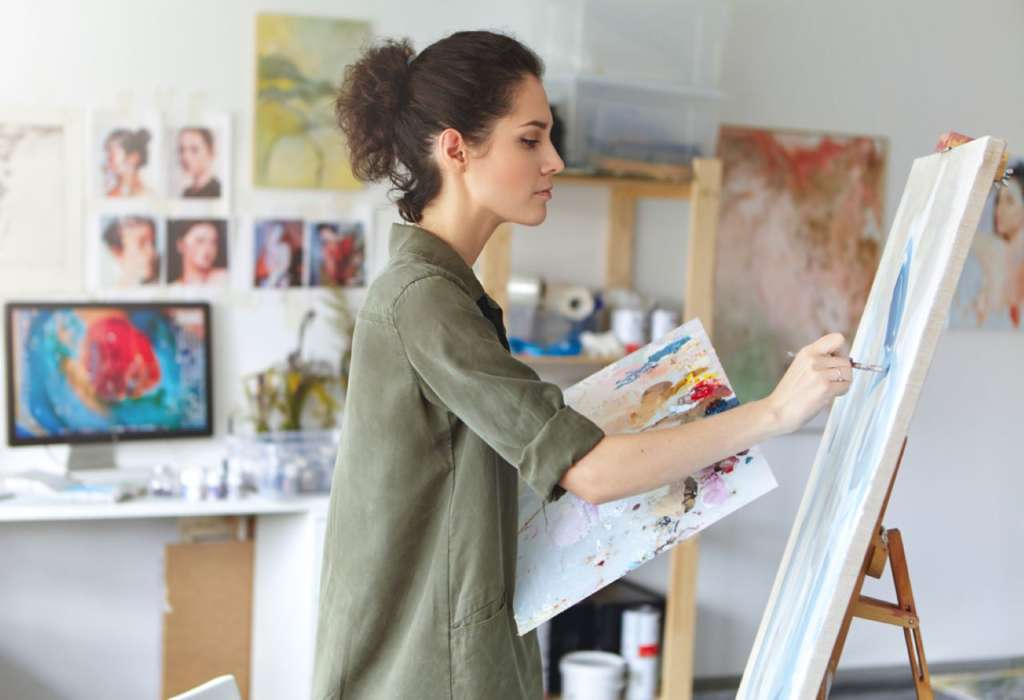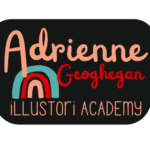Considering a Watercolour Course?
If you are on the hunt for a hobby that will allow you to have a creative outlet and relieve stress, one of the many watercolour courses may be perfect for you. Having a hobby is very good for your wellbeing and mental health. A watercolour course will teach you all you need to know about creating beautiful watercolour paintings. It is also an excellent way to meet new people and make friends. The good news is there are so many watercolour courses currently available and they are available in part-time options, leaving no excuse not to fit your new hobby into your schedule.
About Watercolour
Watercolour paint involves five pigment particles, which are suspended in a water-soluble binder. It is generally used on paper. As watercolour is semi-transparent, the white of the paper provides a natural luminosity to the washes of colour. White areas of the picture generally are left unpainted to expose the paper. Watercolours are sold as cakes of dry or liquid paint in tubes, to which water is added. The paint can be applied in various techniques such as wet-on-dry and wet-on-wet to achieve different effects.
The binder generally used for watercolour consists of glucose, wetting agents, gum and glycerine. Watercolours are often applied by squirrel-hair or sable brushes onto card or white tinted paper, although supports can encompass canvas, papyrus and leather. In Japan and China, watercolour is the universal painting medium, expect that East Asian watercolourists generally use only black inks. Watercolour dries much quicker than oil painting and allows for the creation of finer, more precise works of art. Although, regular exposure to light causes colour to fade and many masterpieces have suffered irreparable damage.
A Brief History of Watercolour
Watercolour art dates back from Stone Age cave painting when early Paleolithic men first painted pictures of humans and animals on their caves using ochre, charcoal and other natural pigments. It was later popularised in Egyptian art after the discovery of papyrus (paper). However, papyrus is quite fragile and the only paintings that have survived from the Ancient Egyptian era are those that were buried in the pyramids in dry conditions. In traditional Chinese art, watercolours developed in 4,000 BCE, primarily as a medium of decorative art. By the 4th century, watercolour landscapes had become established as an independent kind of Chinese painting and would eventually dominate all Chinese brush painting. During the Middle Ages in Europe, watercolours were used to create colour maps and illuminated manuscripts. During the era of Renaissance art, they were used to create studies from nature and make portrait miniatures.
What Will I Learn?
You can expect to learn how watercolour paints work with the water and how to use them effectively. Students will explore and comprehend the principle of a colour wash and learn how layers of washes of the same colour can create shading and shape. Learners will be able to watercolour paint a three-dimensional object and learn how to create shadows and highlights in watercolour paints. Through repetition, you will gain confidence with this medium and gain an understanding of the basics of colour mixing.
Career Opportunities
After completing your watercolour course, you can expect to find employment as an artist specialising in watercolour art or an art teacher, educating people about the technique of watercolour.
Career Progression
If you completed your watercolour course and you really enjoyed it, there is opportunity to continue your learning. You could do courses in other kinds of art such as painting, stained glass, drawing and much more. Doing these additional art courses would greatly enhance your CV and improve your job prospects.
If you’re serious about doing a watercolour course, check out courses near you in the Nightcourses.co.uk national course finder.







